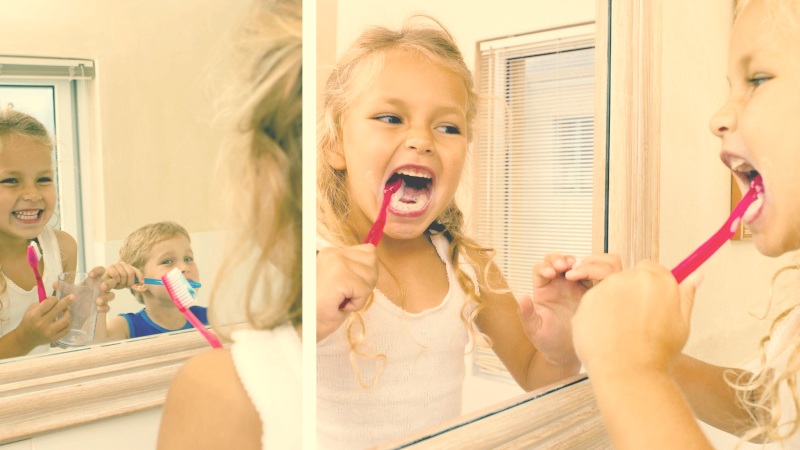Paediatric Dentistry is the field of dentistry dedicated to oral treatments in children.

Paediatric Dentistry has changed considerably over the past few years. As a result, techniques, devices, instruments, and used materials have improved as well as the health professional’s approach regarding patients of all ages; in this case, children.
In Vita Centre Dental Clinic, some dentists are specialised in this area. However, all of them are able to look after younger or older children and teenagers due to their training, which included psychology aspects and applied methodology. For example, the drill can be replaced by another system or method. Nonetheless, when used, the drill will be quieter, tremble less, and the treatments will be completely painless with the help of suitable anaesthesia.
Dentists specialised in Paediatric Dentistry
As usual, we will work very closely with the parents and in some difficult cases, the dentist will have a conversation and previously advise the one responsible for the minor.
Both parents and grandparents should control their anxiety and fears (if they have them) in order to convey feelings of calmness and give confidence to the child. The dentist should also be referred to as a nice doctor, who will give them a beautiful smile, help them to properly chew the food, remove pain, and prevent mouth diseases.
Parents are increasingly concerned about the oral health of their children.
A simple routine appointment enables premature diagnosis of tooth decay, malocclusion, and other problems that if previously detected will be easily solved and have less expensive treatments.
Dental Eruption 1st Dentition
| Upper Jaw Teeth | Lower Jaw Teeth |
|---|---|
| Around 8 to 10 months – Central Incisors | Around 6 to 10 months – Central Incisors |
| Around 9 to 13 months – Lateral Incisors | Around 10 to 16 months- Lateral Incisors |
| Around 16 to 22 months- Canines | Around 17 to 23 months – Canines |
| Around 13 to 19 months – First Molars | Around 14 to 18 months- First Molars |
| Around 24 to 30 months – Second Molars | Around 23 to 31 months – Second Molars |
Prevention Treatments
The dentist may recommend the application of resin-based sealants to prevent tooth decay. It is important to immediately treat tooth decay in baby teeth to enable them to fall out naturally and be replaced by the permanent dentition. This happens in children aged 6 to 13.
Dental Trauma
Children are usually much more exposed to traumas due to games, accidental falls, or sports accidents. If there is some mobility in the tooth or if its position has changed, the child should immediately be taken to a dentist. An x-ray is the most common procedure to assess the issue.
Even during the first dentition, the health professional will protect the baby tooth in order to prevent a corrective device in the future. Keeping the baby tooth will protect the space where the permanent tooth will grow, aligned with other teeth.
VitaCentre Medical Reference . Reviewed by Dra. Filomena Santos, Dentist, in July 22, 2022

